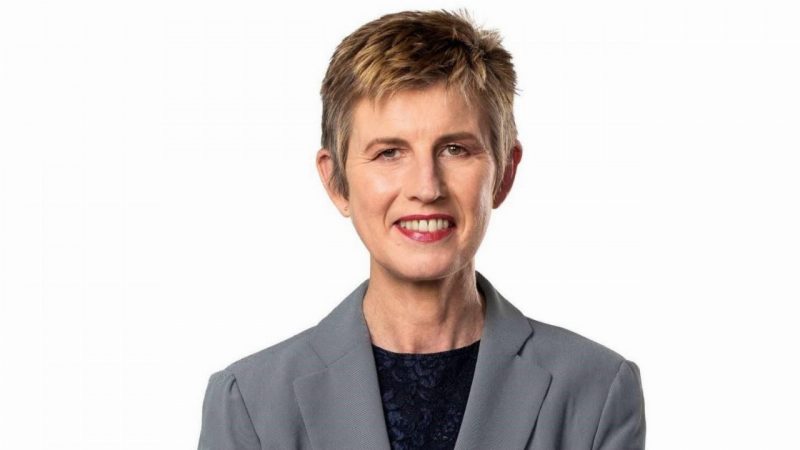- Qualified migrants in Australia can’t find jobs despite a strong demand for engineers
- Engineers Australia, the professions peak body, released a report allegedly finding Australian employers are overlooking and undervaluing skilled migrants
- According to the report, almost two thirds of qualified engineers in the country are migrants
- The shortage of engineers is due to the borders closing due to COVID-19 and the Federal Government’s introduction of many new infrastructure project
Despite a strong demand for engineers many qualified migrants in Australia can’t find jobs.
According to the findings of the Barriers to Employment for Skilled Migrant Engineers study, despite the fact that migrants account for nearly two-thirds of qualified engineers in Australia, many struggle to find work in the sector, and others are underemployed in junior roles despite being highly skilled.
Engineers are in limited supply as a result of border closures caused by COVID-19 and the Federal Government’s implementation of several new infrastructure projects.
Infrastructure Australia, an independent consulting organisation, released its inaugural Infrastructure Market Capacity research in October, forecasting an increase in demand for skills, labour, and materials as public infrastructure expenditure increases.
According to the analysis, the peak of demand for skills in 2023 is expected to be 48 per cent higher than the peak of supply — three times worse than the shortages seen in 2017-18.
Engineers Australia undertook a research group survey of more than 800 migrant engineers and conducted interviews.
Thirty-five per cent of those who feel they are working at the appropriate level and 62 per cent of those who believe they are underemployed believe their overseas experience is undervalued, the Engineers Australia report found.
Engineers Australia CEO Bronwyn Evans said it’s an alarming imbalance and the effective use of all available engineers should be considered a national strategic imperative.
“Australia has an engineering skills shortage exacerbated by COVID-19, an engineering job vacancy rate that has gone up 97 per cent in just 12 months, and an economic recovery hinging on major infrastructure projects,” Dr Evans said.
“This research shows that 47 per cent of our qualified migrant engineers are unemployed and they can’t crack the Australian jobs market at a time when employers are reporting skills shortages.”
According to that study, one of the biggest barriers to employment for migrant engineers was associated with not being “local”- whether it’s experience, networks, standards, references or qualifications.
However, the Federation of Ethnic Communities’ Councils of Australia (FECCA) believes the barriers they face are similar to all migrants looking for work.
“I think COVID has shown us how important migrants are to Australia’s economy, especially skilled migrants,” FECCA chief executive Mohammad Al-Khafaji told the ABC.
“I think that the problem that Australia has is, unfortunately, unconscious bias to do with migrants”
“Around people’s accents … where they come from. And just generally, we’re not aware that some of those biases have a role to play when it comes to hiring.”

